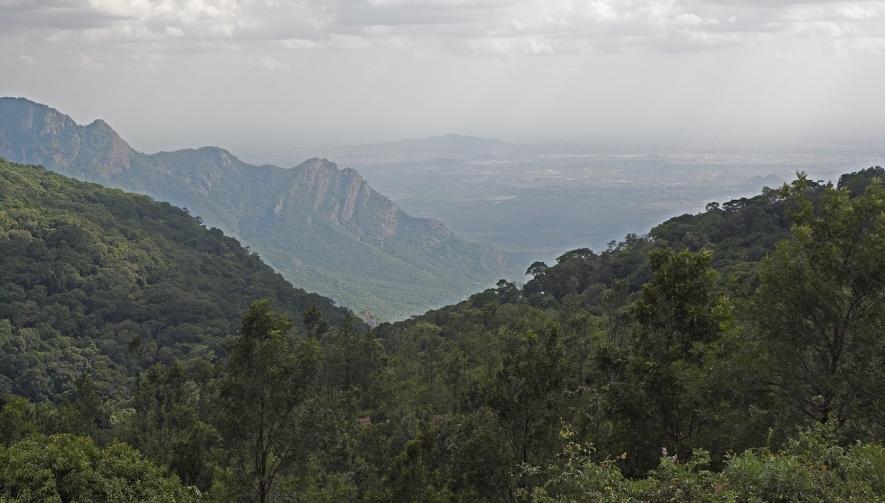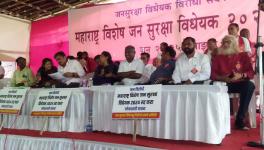Is the Draft National Forest Policy, 2018, an Attempt to Privatise Forests?

Image Courtesy: Mongabay-India
In March, the Ministry of Environment, Forest and Climate Change (MoEFCC) had published a new ‘Draft National Forest Policy, 2018’ to revise the existing National Forest Policy, 1988. While the deadline for receiving public comments on the draft ended on April 14, the draft has received stringent opposition from numerous experts and civil society organisations, as they have pointed out several loopholes in the policy.
Experts argue that the policy will allow the central government to frame new sets of rules and laws which will result in the dilution of Forests Rights Act, 2006. The policy proposes the development of “public-private partnership models” in the name of “increasing productivity of forests”.
Over 150 civil society organisations from 15 states have jointly written to the MoEFCC, objecting the proposed public-private partnership model by pointing out the potential risks in the move. “There is no reason to believe that the participation of private parties will necessarily result in better regeneration of the forests or enhanced ecosystem and livelihood services to the local communities,” said the groups of civil society in their note to the ministry. They have pointed out that the definition of ‘forest’ lacked clarity in the draft policy. They questioned: “can we have a forest policy without clearly defining what a forest constitutes?”
Back in 2016, the MoEFCC had proposed a ‘draft national forest policy, 2016’, which stated provisions for associating private players for developing forest-based industries. However, the ministry withdrew the draft, calling it an “inadvertent” error. This suggests that while the previous governments vehemently opposed to the formation of forest industries, the current government, under Narendra Modi, has been pushing for it. This is in complete contrast to the existing National Forest Policy, 1988, which states that “forests will not be made available to industries for undertaking plantations and any other activities.”
The new draft policy also seeks to introduce a “community forest management (CFM) mission” which also attracted severe criticism on the lines that it is in contraction to the FRA, 2006. Members of All India Forum for Forest Movements (AIFFM) and Community Forest Rights, Learning and Advocacy (CFRLA) in their comments to the ministry have pointed out: “the draft policy seeks to introduce a community forest management (CFM) mission as an offshoot of earlier failed experiences of participatory forest management such as joint forest management (JFM), Van Suraksha Samitis.”
The groups further claimed that after the enactment of FRA 2006, such participatory models are no longer legally valid and operational, as the full authority of governing community’s rights over forests is vested in the gram sabhas and not in the forest department.
The CPI(M) party claimed that the main thrust of the draft policy is to privatize and commercialize forests and demanded the government to withdraw it.
The Draft National Forest Policy 2018 is “in essence a blueprint to commercialize forests to serve the interests of industry and to bring in the private sector for the actual management of forests through the so-called public-private partnership model,” the CPI(M) said in a statement. The left party further said that the draft policy eliminates the rights of tribal communities and traditional forest dwellers. “It snatches away the rights of gram sabhas for management of forests and instead hands it over to proposed centrally controlled corporations.”
While the motive of the central government, to privatise the forests in the name of “increasing productivity” has become evident, it appears that the livelihood and rights of tribes and forest dwellers, who have been historically and traditionally depended upon the forests, has been grossly neglected.
Get the latest reports & analysis with people's perspective on Protests, movements & deep analytical videos, discussions of the current affairs in your Telegram app. Subscribe to NewsClick's Telegram channel & get Real-Time updates on stories, as they get published on our website.
























